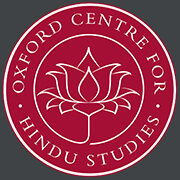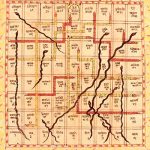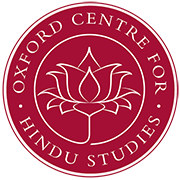Masterclass in Dharmaśāstra and Hindu Law
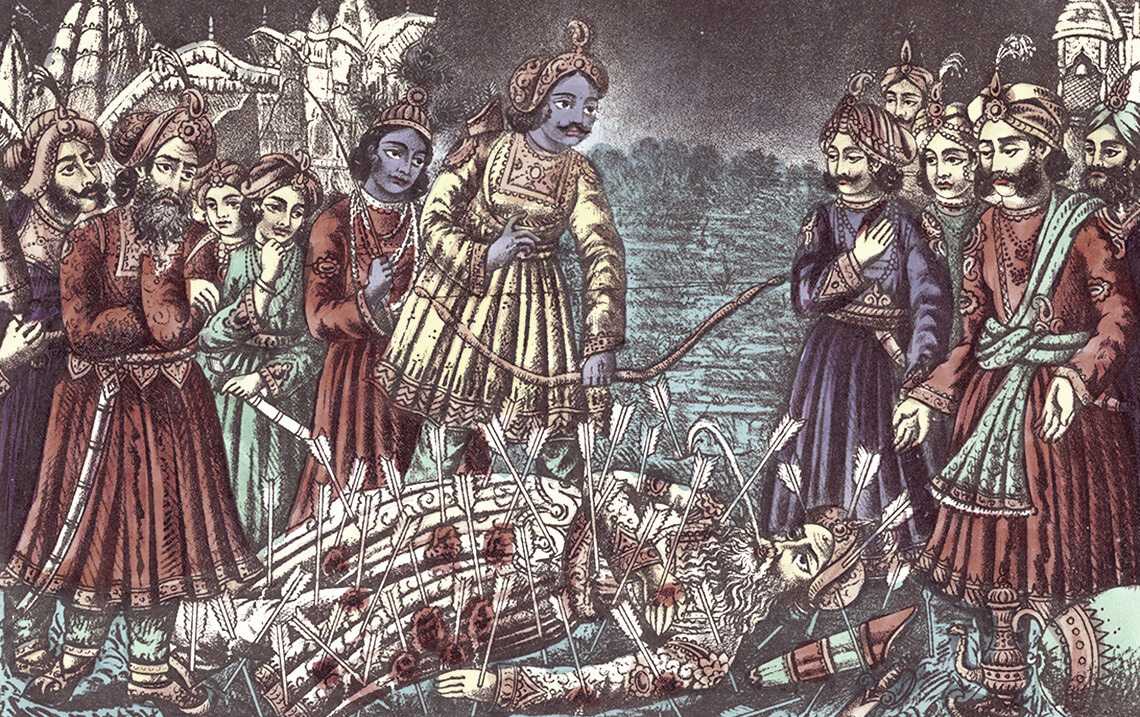
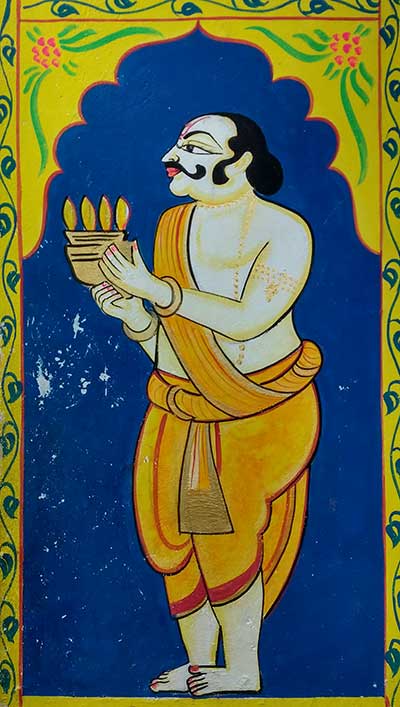
Join Professor Patrick Olivelle, the world’s leading authority on Dharmaśāstra (texts on dharma), for a masterclass in Dharmaśāstra and Hindu law.
In this series of five Masterclasses, we will ask:
- Was there a dharma before the Dharmaśāstras?
- What is law?
- How do we resolve disputes?
- How do we live a good life?
- How do we sustain order?
Each Masterclass is followed by a Q&A in which we discuss:
- History of dharma and Dharmaśāstra,
- How traditional scholars of India have understood dharma over the past millennia,
- What happens when the Dharmaśāstra hits the ground? How is it applied in different ages and scenarios?
- How society is affected by Dharmaśāstra and how societies are formed around Dharmaśāstra.
By the end of this Masterclass series we will have a good understanding of dharma, the different Dharmaśāstras, and what they mean in practical terms. We will have raised critical questions about Dharmaśāstra and its meaning and relevance.
What You Get
- Five live Zoom sessions including time for Q&A
- Recordings of sessions
- Completion Certificate (if completing optional essay) or Participation Certificate
- Access to student forum
- Specially selected readings
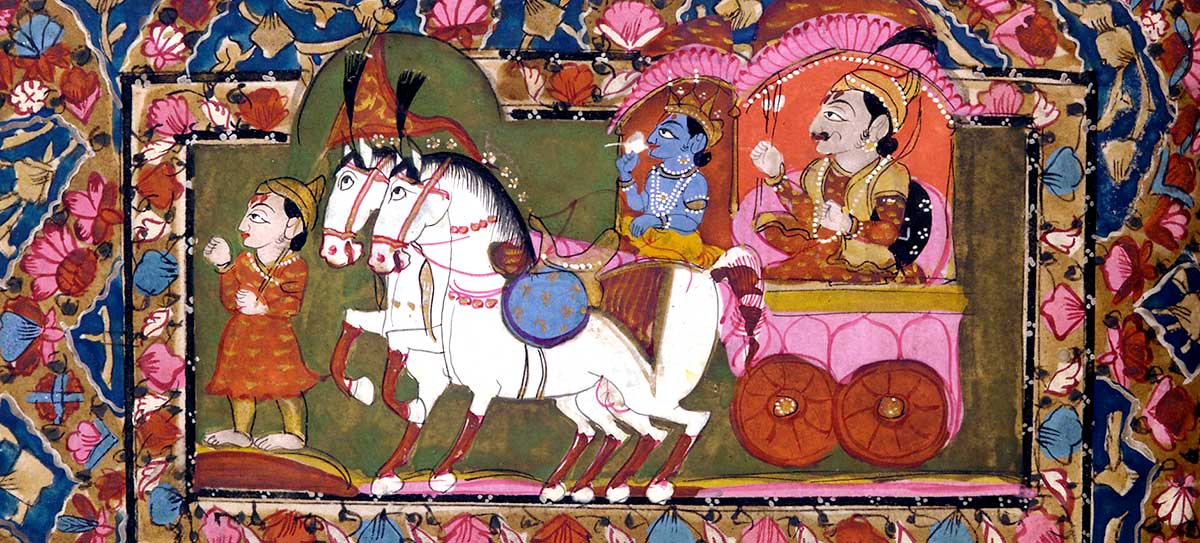
When & Where?
Online via Zoom!
Sundays 26 May to 23 June at 7pm (UK time)
Time zones don’t work for you? Enrolment gives you access to recordings of all sessions.
Special Bonus! Enrolments on this MasterClass will also give you access to next term’s general Zoom sessions.
Enrolment Fee:
£195
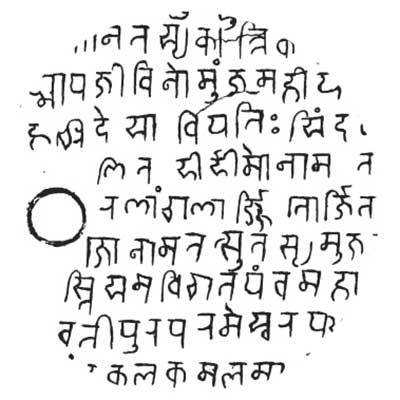 Masterclass 1: Dharma Before the Dharmaśāstras
Masterclass 1: Dharma Before the Dharmaśāstras
Contrary to popular views, dharma is a relative newcomer to the Hindu/Brahmanical tradition. In this masterclass we will explore the history of the term in the thousand years or so preceding the first Dharmaśāstras. We will begin with the earliest religious document of India, the Rig Veda, and make our way through the middle and late Vedic periods, and explore the use of the term in the new religions that emerged in northeastern India.
Sunday 26 May, 7–8pm (UK time)
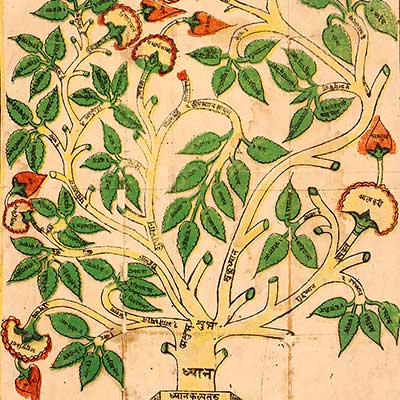 Masterclass 2: Dharmapramāṇa: How do we Know what is Law?
Masterclass 2: Dharmapramāṇa: How do we Know what is Law?
What is the law? This is a question dealt with at the very beginning of every Dharmaśāstra. It is also one that occupied the minds of medieval Indian legal historians and philosophers, especially the distinguished legal scholar, Medhātithi (9th century). This week’s Masterclass will explore how dharmaśāstric scholars of India down the centuries grappled with the issues of the epistemology of dharma.
Sunday 2 June, 7–8pm (UK time)
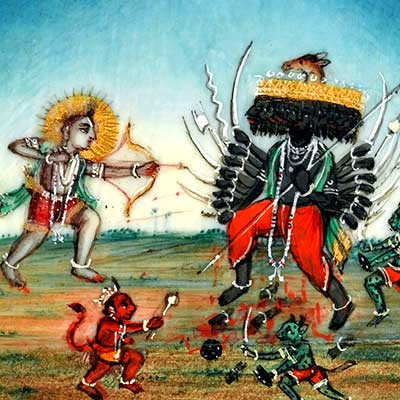 Masterclass 3: Vyavahāra: How Do We Resolve Disputes?
Masterclass 3: Vyavahāra: How Do We Resolve Disputes?
How does a society deal with infractions of the law and how do we resolve disputes between individuals and groups. This province of law is called vyavahāra or legal procedure in the Dharmaśāstras. It includes the constitution of judges, courts, court procedures, rules of evidence, and so on. These topics generally cover about a quarter to a third of each Dharmaśāstra. They include family law, civil law, inheritance, and criminal law.
Sunday 9 June, 7–8pm (UK time)
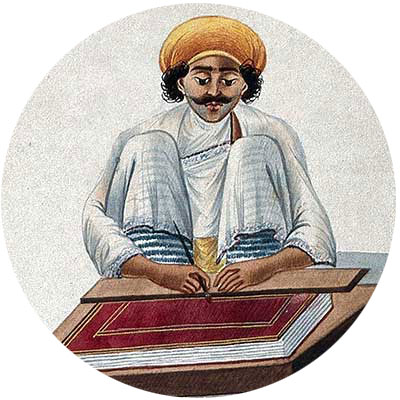
Masterclass 4: Gṛhastha Theology: How do we Live a Good Life?
Prof. Olivelle’s work Gṛhastha: The Householder in Ancient Indian Religious Culture gives groundbreaking discoveries on the history of the term gṛhastha (householder), and the centrality of the householder in Dharmaśāstra. This book, which provides the reading of this week’s Masterclass, explores the idea that the Dharmaśāstras constitute a handbook for living a righteous (dharmic) life by married people living at home. We will discuss what amounts to a household theology — a theology of daily life, a theology of small things — that is embedded in the Dharmaśāstras. This theology is at the heart of Dharmaśāstra.
Sunday 16 June, 7–8pm (UK time)
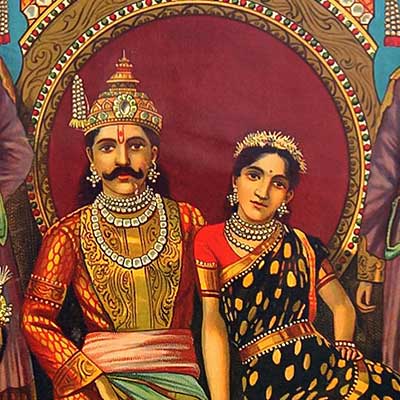 Masterclass 5: Varṇāśrama: How to Sustain a Hierarchical Order within Society and Individual?
Masterclass 5: Varṇāśrama: How to Sustain a Hierarchical Order within Society and Individual?
Although the gṛhastha is at the heart of the Dharmaśāstras, varṇa and āśrama provide their structure and guide their composition. Scholars, modern and ancient, have used the term varṇāśrama as a shorthand for the entirety of religion as described by the Dharmaśāstras, or more generally Hinduism itself. Here we will use the term more narrowly to refer to the classification of a subject to dharma in terms of two overlapping institutions: varṇa and āśrama. We will explore the history of these and how they are incorporated into Dharmaśāstra.
Sunday 23 June, 7–8pm (UK time)
Your Tutor
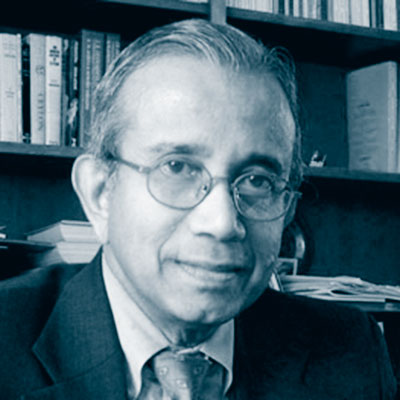
Patrick Olivelle is Professor of Sanskrit and Indian Religions at the University of Texas at Austin. He is also a Senior Fellow at the Oxford Centre for Hindu Studies.
His current research focuses on the ancient Indian legal tradition of Dharmaśāstra. He has edited and translated the four early Dharmasūtras and prepared a critical edition of the Law Code of Manu (Mānava Dharmaśāstra). Among his many other works is an award-winning translation of the early Upaniṣads.
Prof. Olivelle has won several prestigious fellowships, including Guggenheim, NEH, and ACLS. He was elected Vice President of the American Oriental Society in 2004 and President in 2005.
